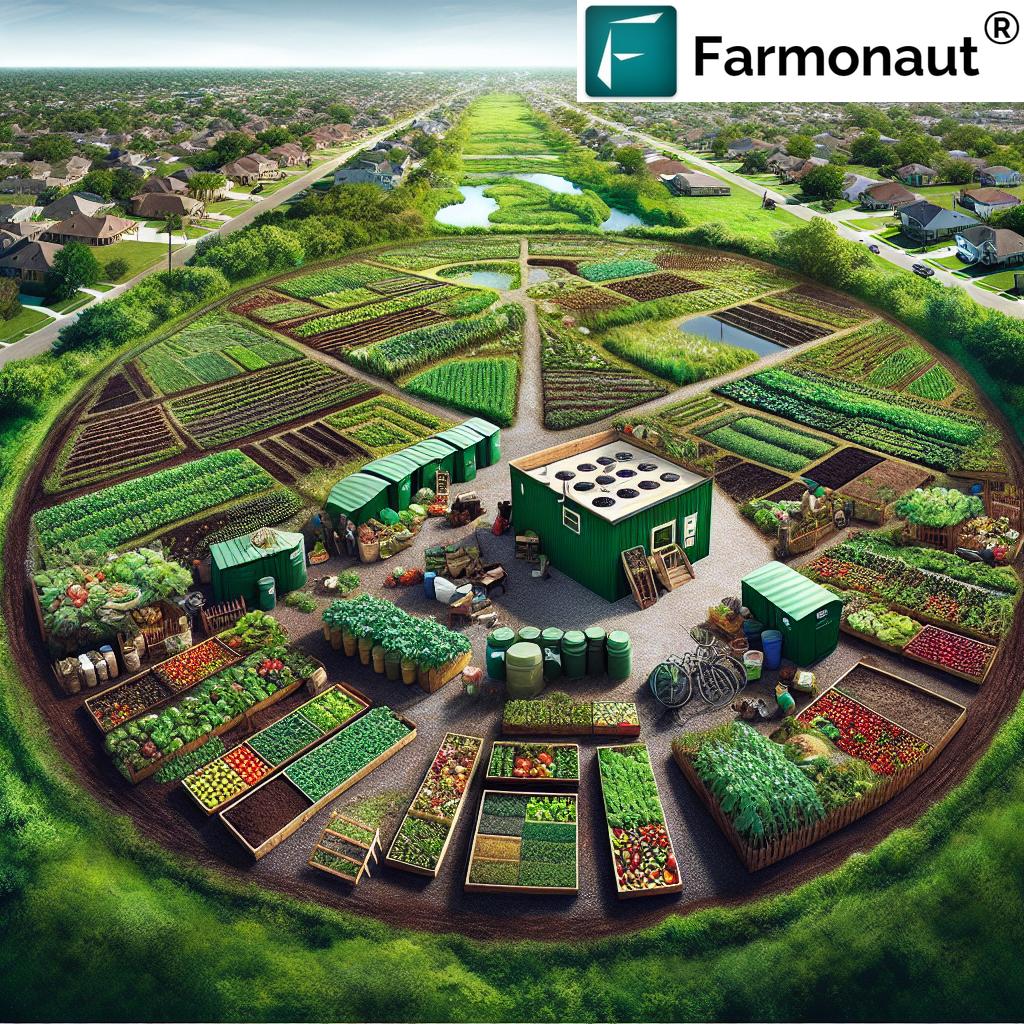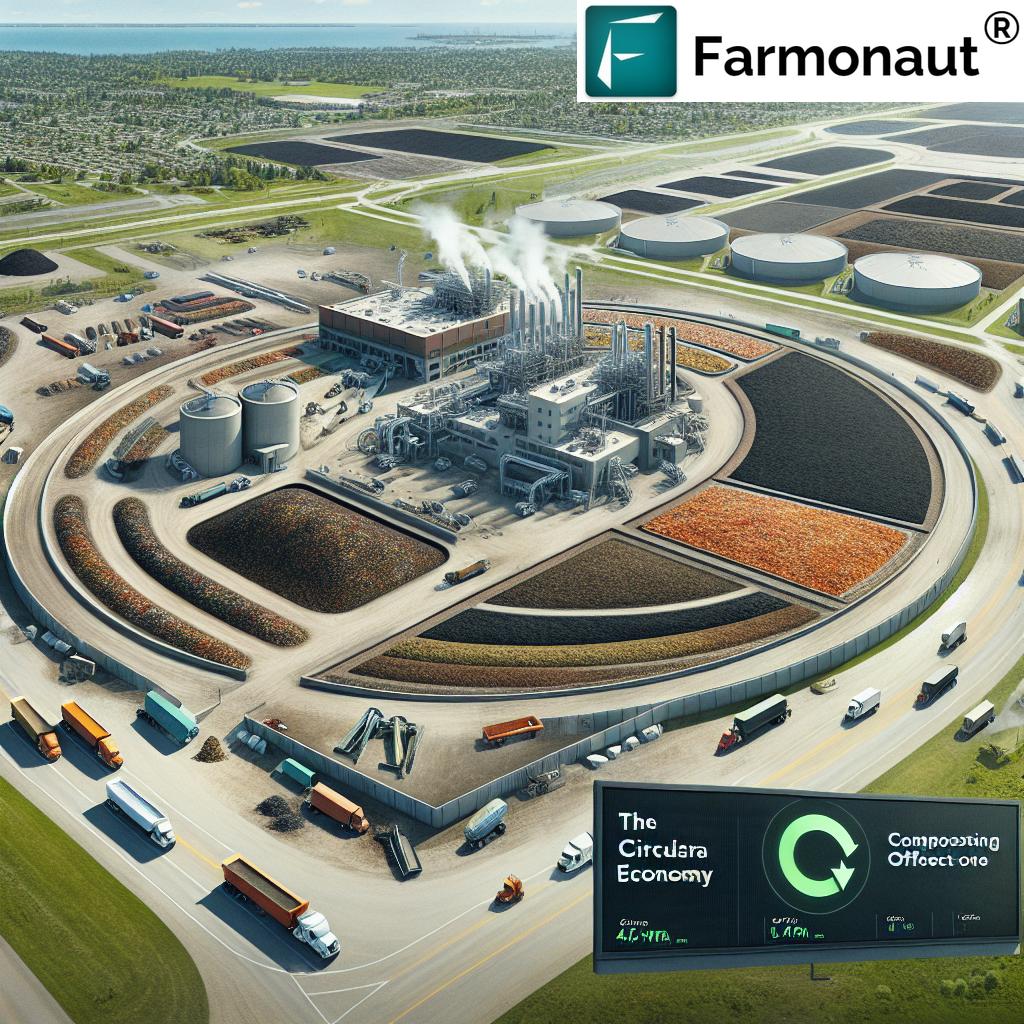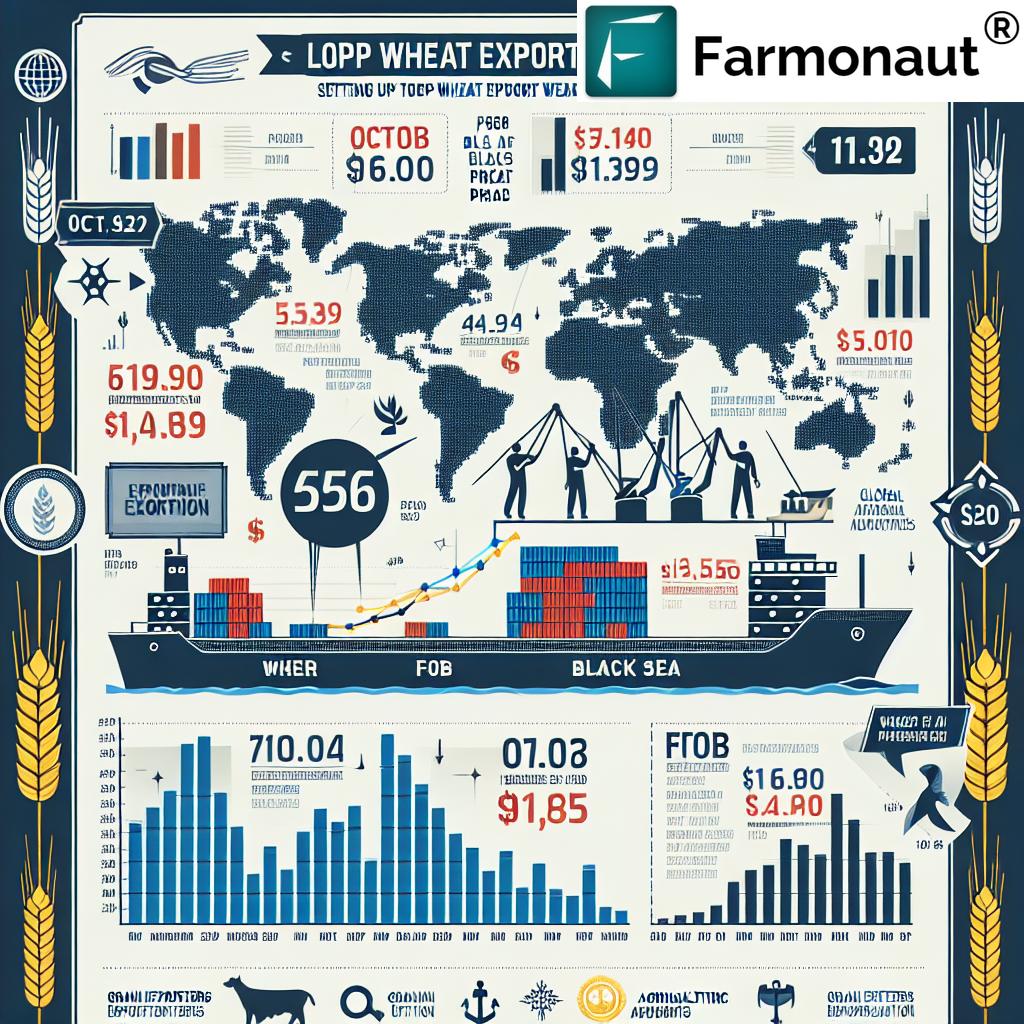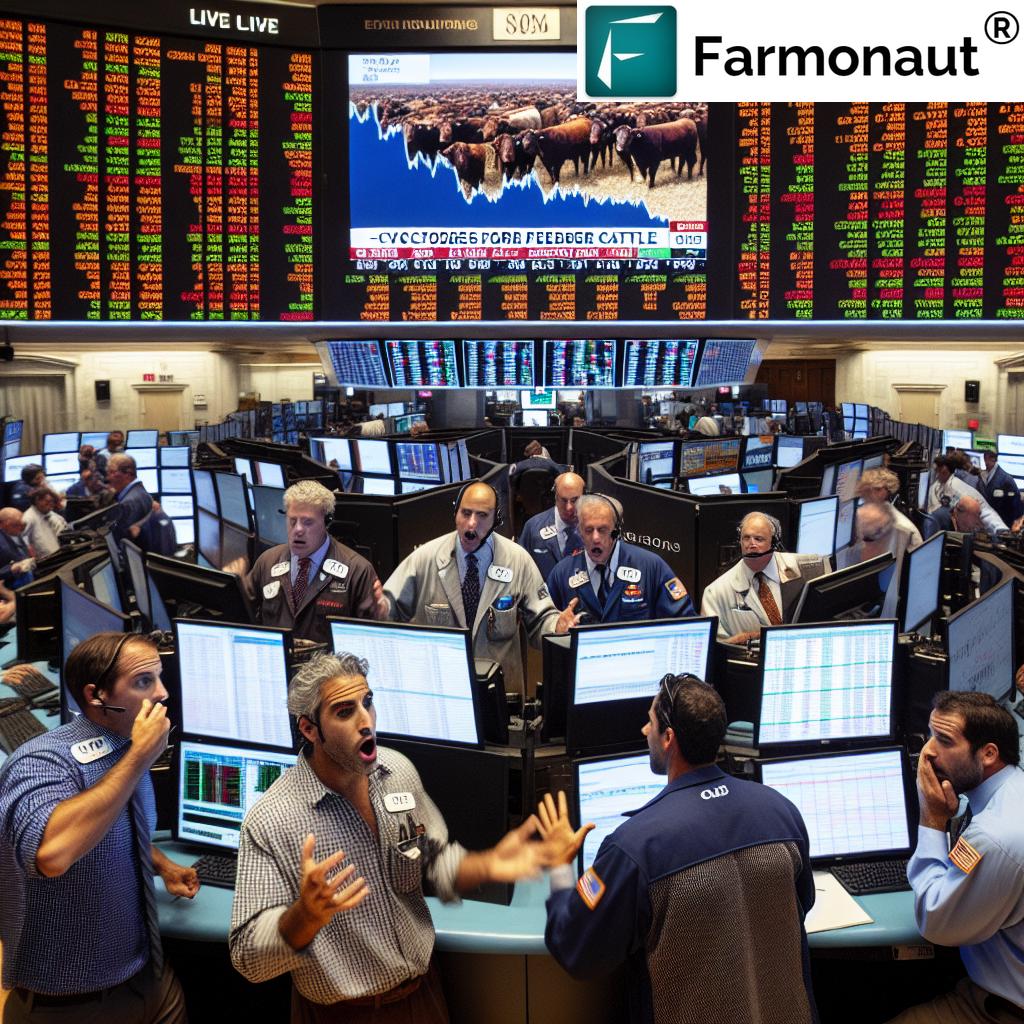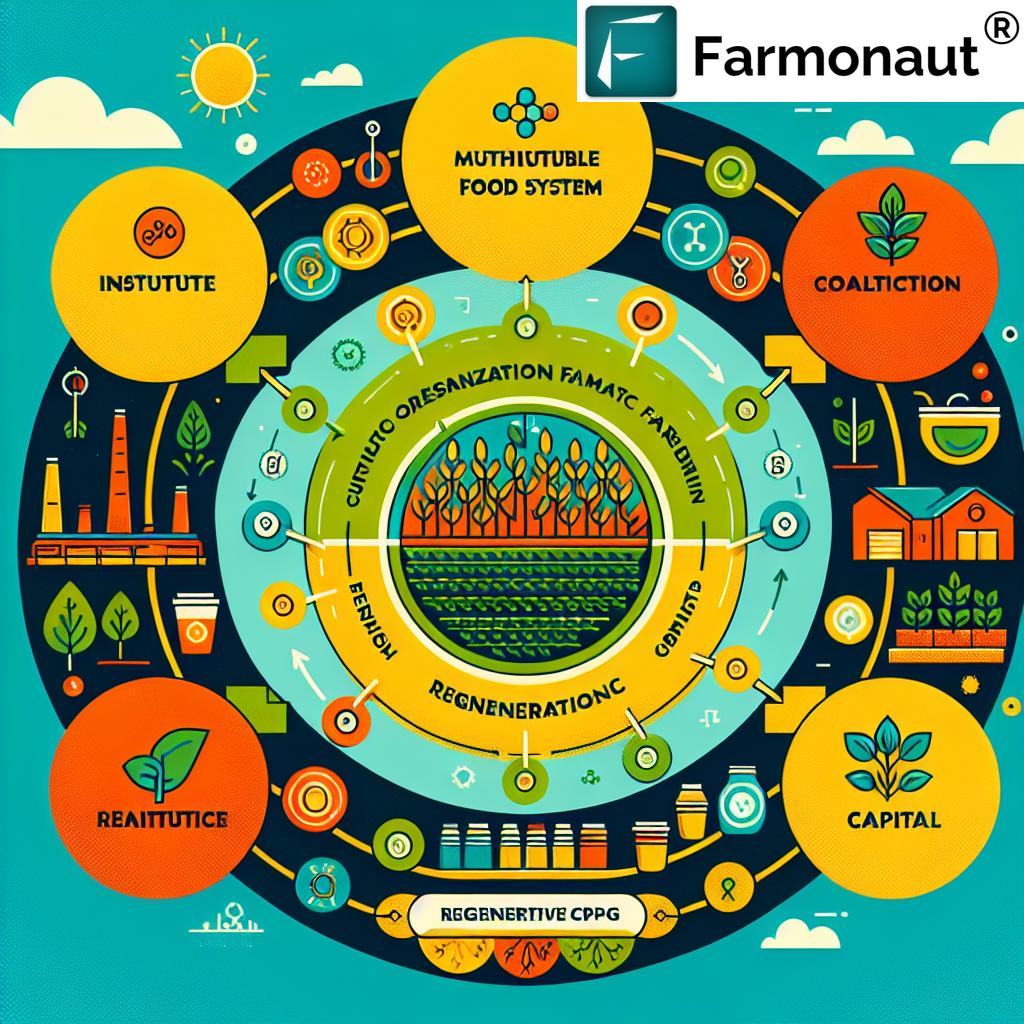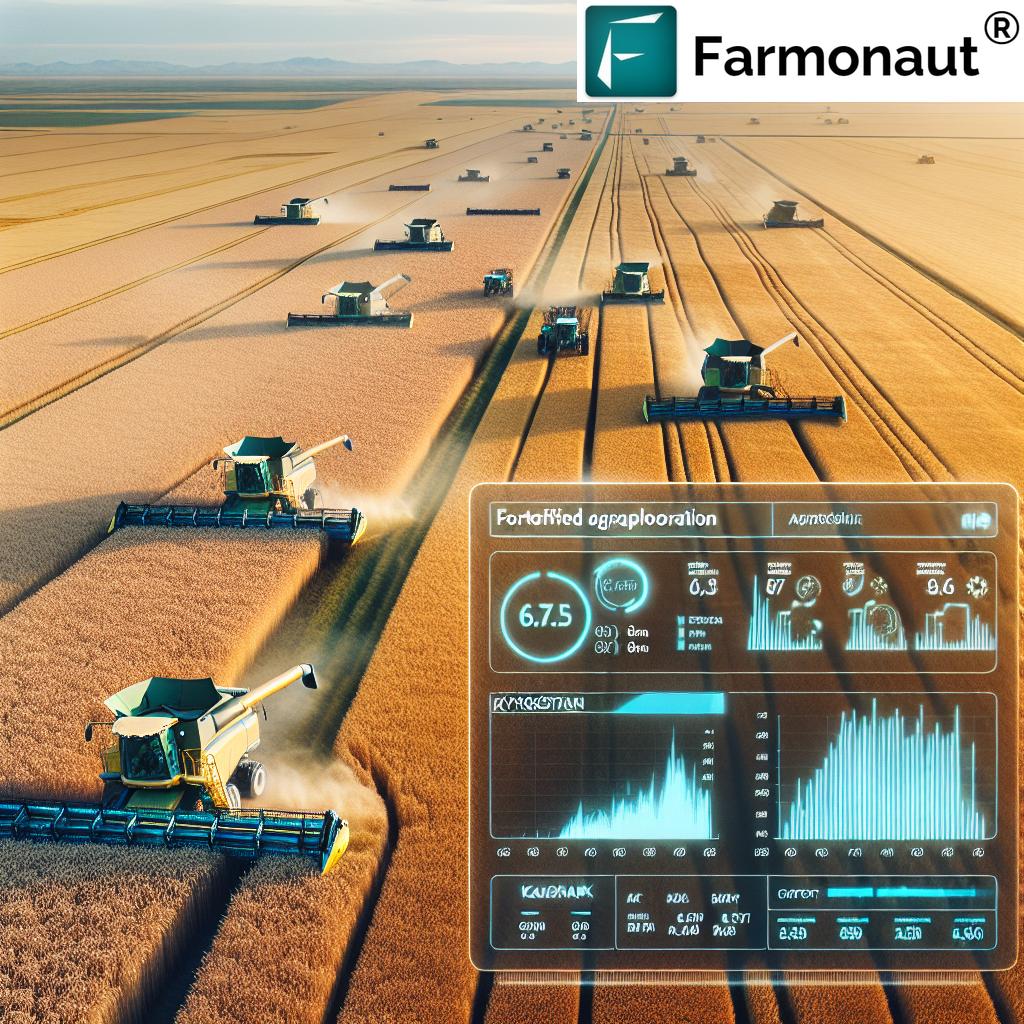Unleashing Liberia’s Agricultural Revolution: President Boakai Secures $50M EIB Loan for Rice Value Chain Transformation

In a landmark move set to revolutionize Liberia’s agricultural sector, President Boakai of Liberia has successfully secured a $50 million loan from the European Investment Bank (EIB) for agricultural development. This strategic President Boakai agricultural investment focuses primarily on enhancing the rice value chain, marking a significant step towards achieving food self-sufficiency in post-conflict Liberia.
The Liberia EIB rice development loan: A Game-Changer for Food Security
The European Investment Bank Liberia agriculture loan is poised to be a game-changer for the West African nation’s food security. This substantial investment aims to modernize agricultural infrastructure and implement sustainable farming practices across Liberia. The loan, part of a broader Liberia food security initiative, is expected to catalyze the transformation of the country’s agricultural sector, with a particular focus on rice production.
- Modernization of agricultural infrastructure
- Implementation of sustainable farming practices
- Focus on enhancing rice production and value chain
- Aim to achieve food self-sufficiency
Rice value chain development is at the heart of this initiative. The loan will support various aspects of rice production, from cultivation to processing and distribution, ensuring a comprehensive approach to boosting Liberian rice production.
Collaboration for Sustainable Growth
The European Investment Bank, led by Vice President Gelsomina Vigliotti, is working closely with the Liberian government to implement this ambitious project. This collaboration underscores the importance of international partnerships in driving agricultural development in post-conflict regions.
Liberia’s Agriculture Minister, J. Alexander Nuetah, emphasized that the project aligns perfectly with the country’s National Agricultural Development Plan. This plan prioritizes increased production and improved water management, both crucial elements for sustainable agricultural growth.
“This loan represents a significant step forward in our efforts to revitalize Liberia’s agricultural sector. It’s not just about increasing production; it’s about building a sustainable and resilient food system for our nation,” stated Minister Nuetah.
Liberian rice value chain transformation: A Multi-faceted Approach
The loan will facilitate a comprehensive transformation of Liberia’s rice value chain, addressing various aspects of production and distribution:
- Infrastructure Development: Upgrading irrigation systems, storage facilities, and transportation networks.
- Technology Adoption: Introducing modern farming techniques and equipment to boost productivity.
- Capacity Building: Training farmers and agricultural workers in sustainable farming practices.
- Market Access: Improving links between farmers and markets to ensure fair prices and stable demand.
This multi-faceted approach aims to create a robust and sustainable rice production ecosystem in Liberia, contributing significantly to the country’s food security and economic growth.
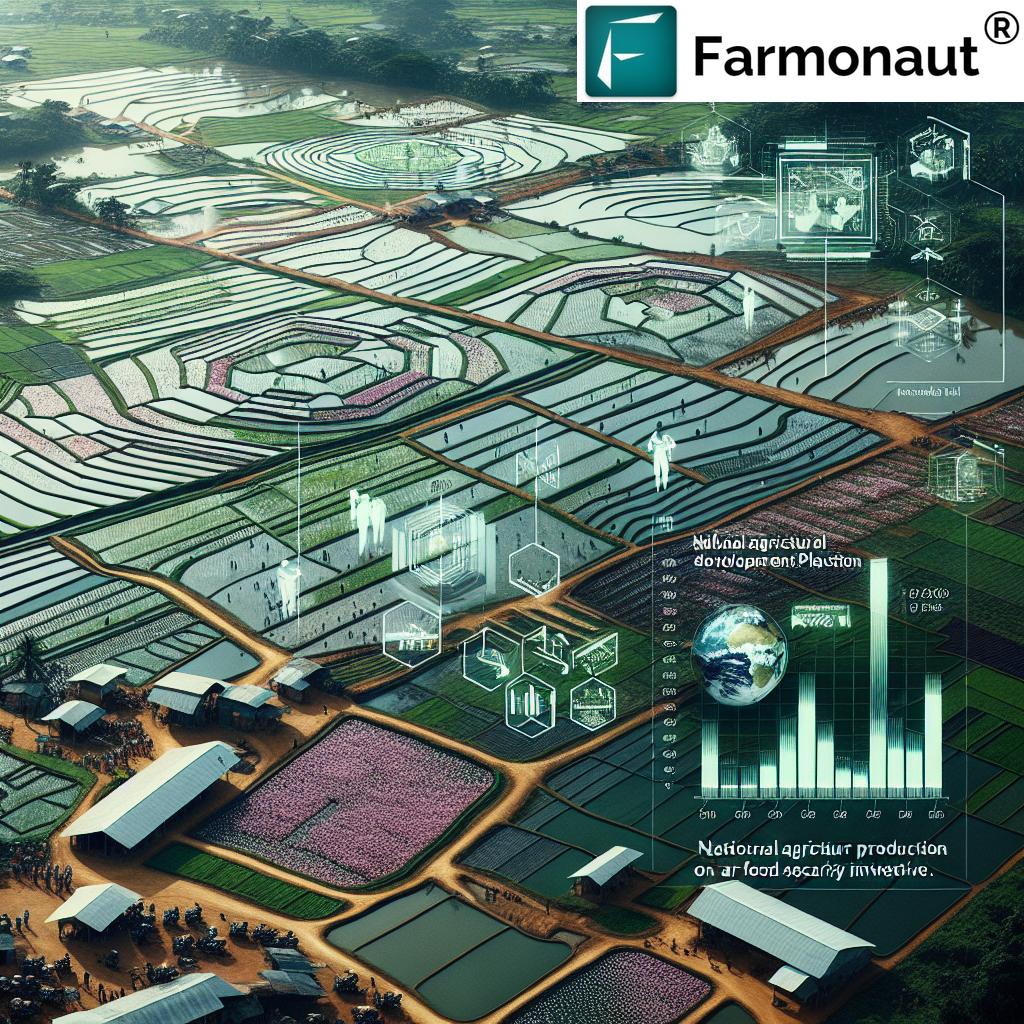
Sustainable farming Liberia: A Key Focus
The loan agreement places a strong emphasis on sustainable farming in West Africa, particularly in Liberia. This focus aligns with global efforts to promote environmentally friendly agricultural practices while ensuring food security.
Key aspects of the sustainable farming initiative include:
- Promotion of climate-resilient crop varieties
- Implementation of water-conserving irrigation techniques
- Encouragement of organic farming methods
- Introduction of integrated pest management strategies
These sustainable practices are expected to not only increase yields but also preserve Liberia’s natural resources for future generations.
Explore Farmonaut’s Satellite API for agricultural insights
Post-conflict agricultural rebuilding in Liberia
This EIB West Africa investment is particularly significant in the context of Liberia’s post-conflict agricultural rebuilding efforts. The country has been working tirelessly to revitalize its agricultural sector following years of civil unrest that severely impacted its food production capabilities.
The loan is expected to play a crucial role in:
- Restoring agricultural infrastructure damaged during the conflict
- Reintegrating former combatants into productive agricultural activities
- Reviving traditional farming knowledge and practices
- Creating new employment opportunities in the agricultural sector
By focusing on these areas, the project aims to not only boost food production but also contribute to social stability and economic recovery in Liberia.
Access Farmonaut’s API Developer Docs for advanced agricultural data
Impact on Regional Food Security
The success of this initiative in Liberia could have far-reaching implications for food security in the broader West African region. As a potential model for sustainable farming West Africa, the project could inspire similar initiatives in neighboring countries.
The Food and Agriculture Organization (FAO) has expressed strong support for this initiative, recognizing its potential to address food security concerns not just in Liberia, but across West Africa. The organization has pledged technical assistance to ensure the project’s success and maximize its impact.
“This investment in Liberia’s agricultural sector could serve as a blueprint for agricultural development across West Africa. It demonstrates how targeted investments can transform food systems and improve livelihoods,” stated an FAO representative.
Looking Ahead: The Future of Liberian Agriculture
As Liberia embarks on this ambitious journey to transform its agricultural sector, the eyes of the international community are watching closely. The success of this project could pave the way for further investments in Agricultural infrastructure Liberia, potentially attracting more international partners and funding.
President Boakai’s efforts to leverage existing resources and the EIB’s swift action promise significant advancements in Liberian rice production and overall agricultural sector transformation. This initiative is expected to:
- Boost Liberia’s GDP through increased agricultural output
- Reduce reliance on food imports, improving the country’s trade balance
- Create numerous jobs across the agricultural value chain
- Enhance Liberia’s food security and resilience to external shocks
As the project unfolds, it will be crucial to monitor its progress and impact, ensuring that the benefits reach smallholder farmers and rural communities who form the backbone of Liberia’s agricultural sector.
Conclusion: A New Chapter in Liberian Agriculture
The $50 million European Investment Bank agriculture loan secured by President Boakai marks the beginning of a new chapter in Liberian agriculture. This investment in the rice value chain is more than just a financial transaction; it’s a vote of confidence in Liberia’s agricultural potential and a commitment to the country’s food security and economic development.
As Liberia moves forward with this transformative project, it stands poised to become a model for agricultural development in post-conflict societies. The success of this initiative could redefine Liberia’s role in regional food security and set a new standard for sustainable farming in West Africa.
With the right implementation and continued support from international partners, this investment has the potential to not only revolutionize Liberia’s agricultural sector but also to improve the lives of millions of Liberians, ensuring a more food-secure and prosperous future for the nation.






